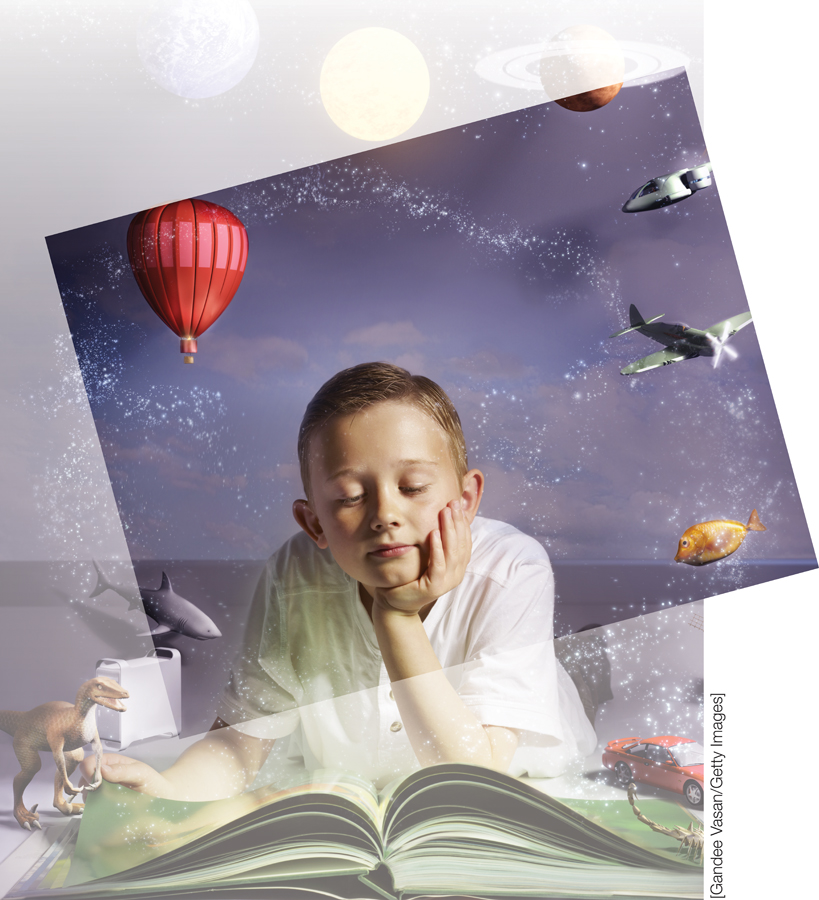Chapter Introduction
| CHAPTER | 2 |
2 Fundamentals of Social Behavior

36
37
TOPIC OVERVIEW
Evolution: How Living Things Change Over Time
Natural Selection
Survival of the Fittest: Yes, but What Is Fittest?
General Adaptations of the Cultural Animal
Humans Are Social Beings
Humans Are Very Intelligent Beings
Humans Are Motivated, Goal-
Striving Beings Humans Are Very Emotional Beings
Culture: The Uniquely Human Adaptation
What Is Culture?

SOCIAL PSYCH OUT IN THE WORLD Food for Body, Mind, and Soul Culture as Creative Adaptation
-
Culture and the Natural Environment
Culture and the Social Environment
Culture and the Metaphysical Environment
Culture as a Synthesis of Human-
Created Adaptations Culture in the Round: Central Issues
Does Culture Illuminate or Obscure Reality?
Is Culture a Good or Bad Thing?

SOCIAL PSYCH AT THE MOVIES Black Robe Is There Just One Culture? Beyond a Monolithic View
Human beings are the result of a lengthy, improbable, and by no means inevitable historical process that began with the earth’s original life forms. Humans have inherited a set of biological, behavioral, and psychological characteristics that have evolved over billions of years of evolution by natural selection. Think about it: Trillions of life forms have struggled for billions of years to survive and reproduce in inhospitable and often hostile environments, and the fruit of their labor is, well, you. The time frame and true nature of this process are virtually impossible to fathom. Consider this: The time between the extinction of Stegosaurus and the appearance of Tyrannosaurus rex was much longer than the time between the extinction of Tyrannosaurus rex and this very moment (over 80 million years vs. about 65 million years).
Many of our inherited characteristics also can be found in other species, yet the human mind works in ways that set our species apart from all other life forms. Perhaps most notable, the unique evolution of the human brain has enabled humans to construct and maintain culture. This was an enormous leap because culture allows us to use our evolved minds to create styles of living that are unprecedented on the world’s stage.
As outlined in chapter 1, the evolutionary and cultural influences on social life are two of the perspectives we’ll explore throughout this book. This chapter sets the stage by discussing how, at a fundamental level, evolution and culture make us humans the types of creatures that we are. First we’ll trace the evolutionary origins of uniquely human mental capacities, motives, and emotions, and we’ll see how these evolved tendencies continue to influence how we modern humans think, feel, and act in everyday life. Then we’ll explore the nature and functions of culture and its profound influence on all of our lives.
38